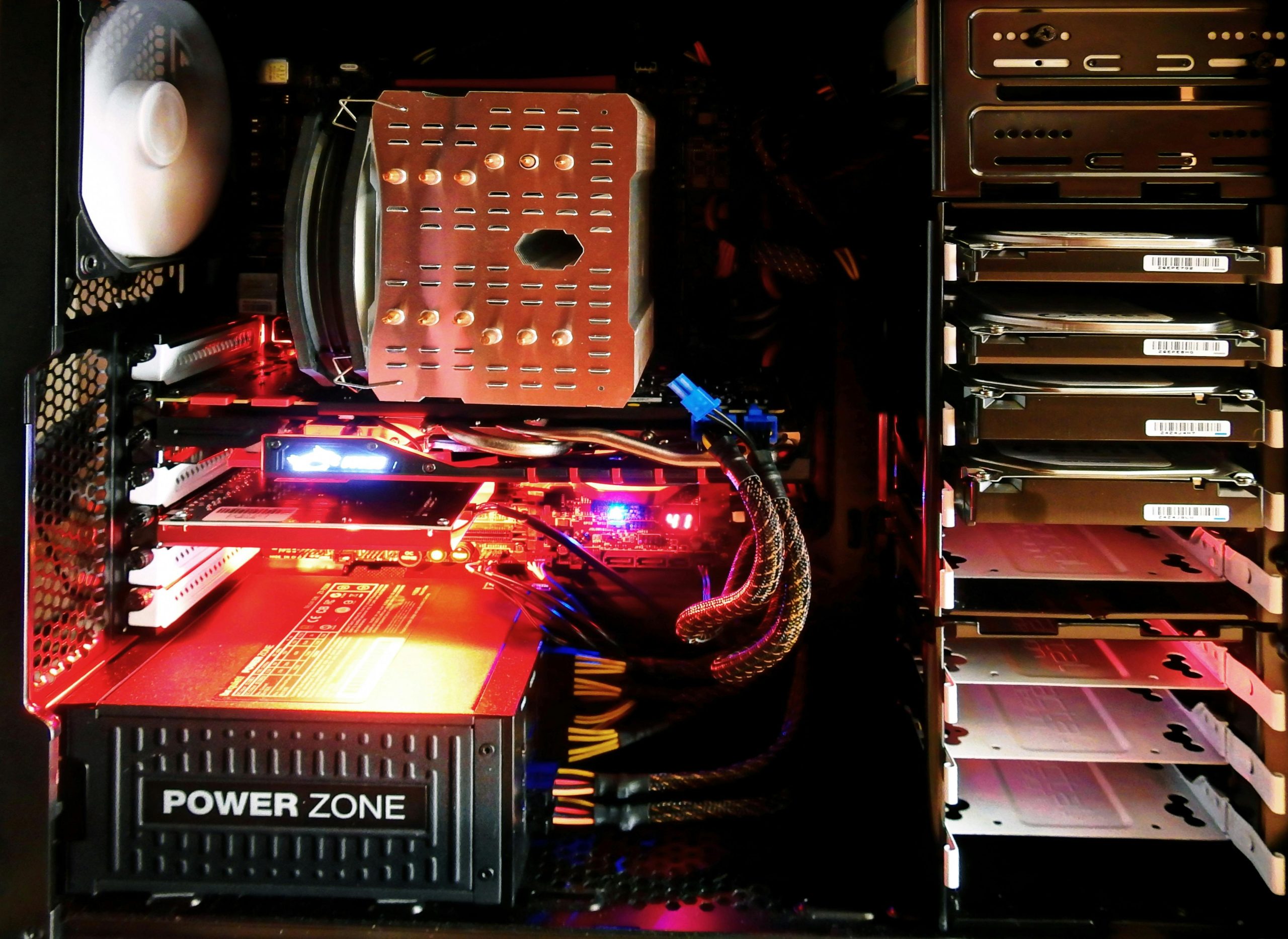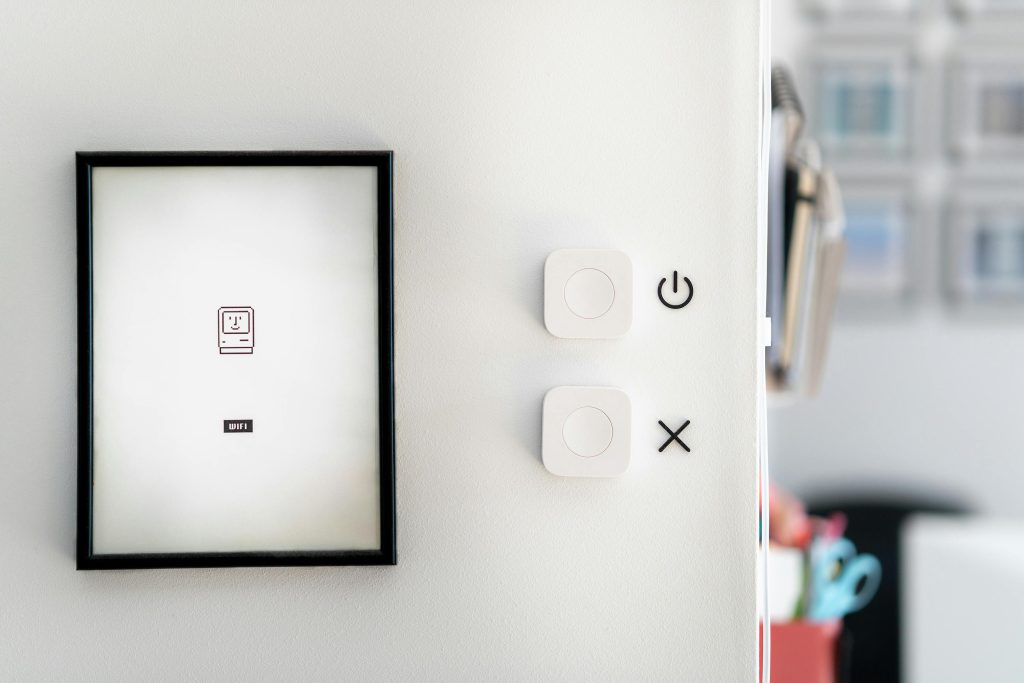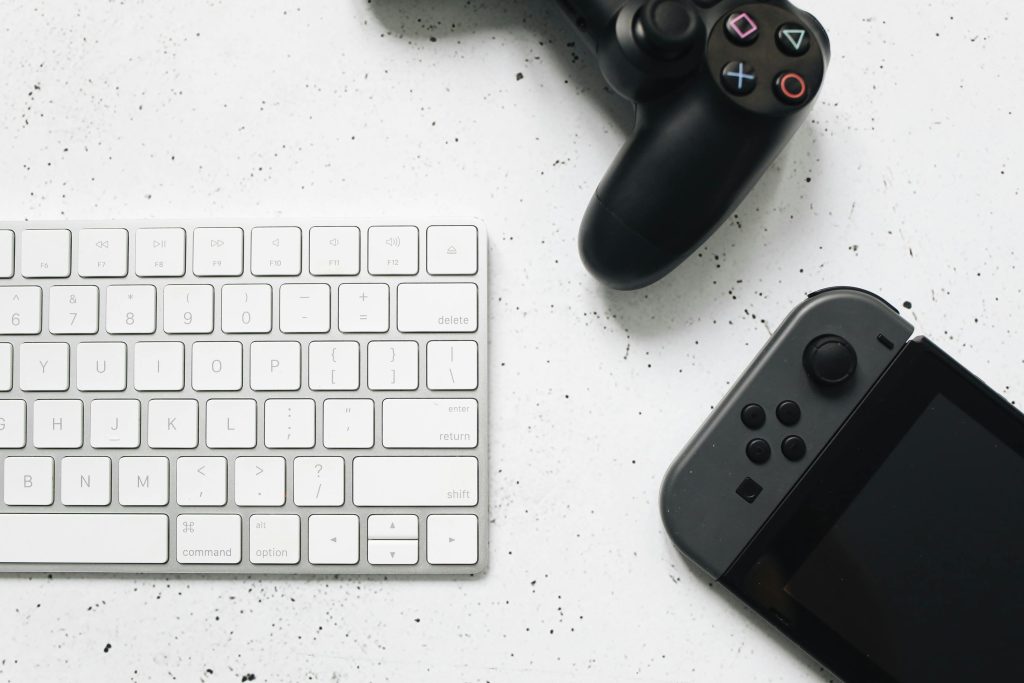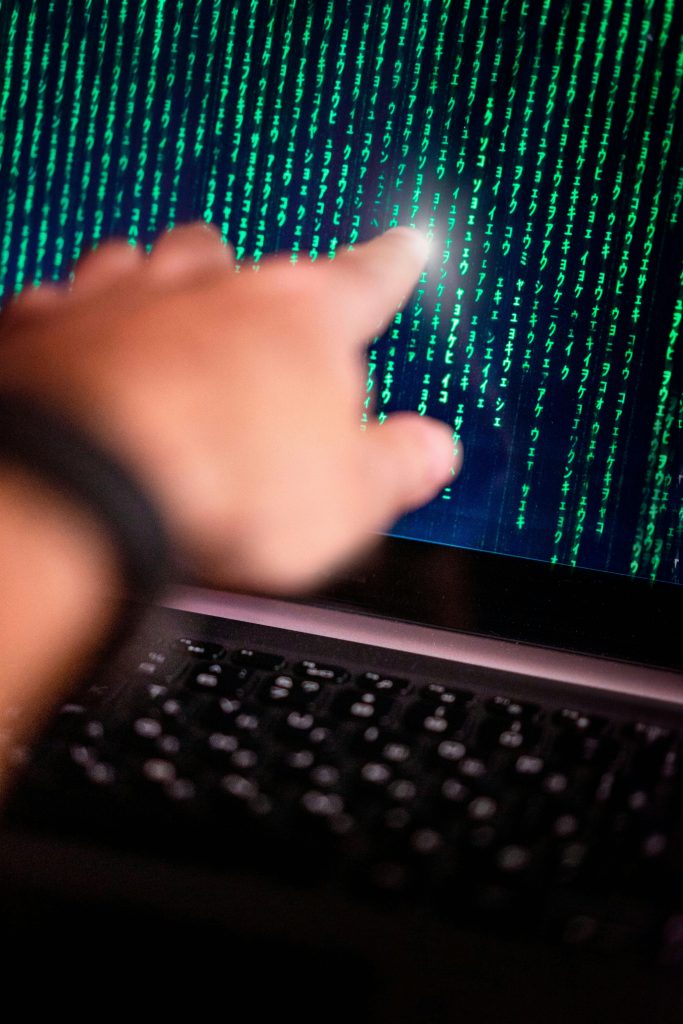Understanding Unexpected PC Shutdowns During Gaming: Troubleshooting and Solutions
Experiencing sudden power-offs during gaming sessions can be perplexing and frustrating. If your computer powers down abruptly without triggering a Blue Screen of Death (BSOD) or rebooting, it often points to underlying hardware or system issues. In this article, we will explore common causes, diagnostics performed, and potential solutions to help you troubleshoot and resolve such problems effectively.
Case Overview
The user reports that their PC unexpectedly shuts down during gaming, without any BSOD or automatic reboot. The shutdowns occur under intensive gaming loads but vary in timing — sometimes within five minutes, other times after several hours. Diagnostic steps undertaken include:
- Memory Testing: Running MemTest86 for eight passes, with no errors detected.
- Stress Testing: Performing OCCT power tests along with CPU and GPU tests, all completed successfully.
- System Diagnostics: Executing sfc /scannow and chkdsk, both returning clean results.
- Operating System Reinstallation: Fully reinstalling Windows 11, with the issue persisting afterward.
Furthermore, the event viewer logs reveal critical kernel-power errors indicating unexpected shutdowns but lack accompanying dump files or additional clues.
Common Causes and Troubleshooting Steps
-
Power Supply Unit (PSU) Issues
-
Potential Cause: An insufficient or failing PSU can cause sudden power losses, especially under load.
-
Solution: Test with a known-good, adequately rated power supply. Using a PSU tester or substituting with a spare can help verify its health.
-
Overheating Components
-
Potential Cause: Overheating of CPU, GPU, or other hardware components can trigger automatic shutdowns to prevent damage.
-
Solution: Monitor temperature readings using tools like HWMonitor or MSI Afterburner during gaming. Ensure all cooling systems (fans, heatsinks) are clean, functional, and properly configured.
-
Hardware Compatibility or Faults
-
Potential Cause: Failing RAM modules, motherboard issues, or other hardware defects.
-
Solution: Run detailed diagnostics, such as Windows Memory Diagnostic, or test individual components in a different system if possible.
-
GPU and Driver Issues
-
Potential Cause: Faulty or outdated graphics drivers can cause instability.
- Solution: Update GPU drivers to the latest version directly from the manufacturer. Consider performing a clean driver reinstall.
5.
Share this content:



